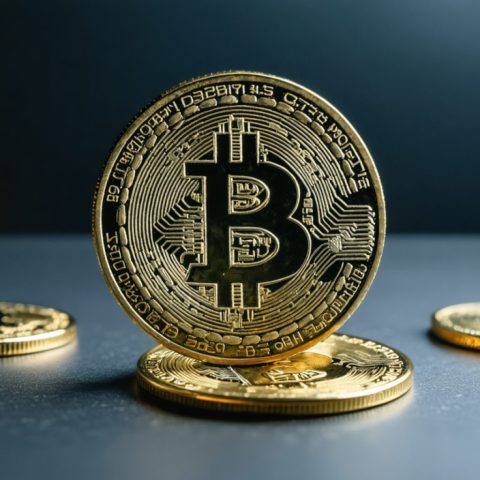Bitcoin - Page 85
Bitcoin is a decentralized digital currency, also known as a cryptocurrency, that enables peer-to-peer transactions over the internet without the need for a central authority or intermediary, such as a bank. It was created in 2009 by an unknown person or group of people using the pseudonym Satoshi Nakamoto. Bitcoin operates on a technology called blockchain, which is a distributed ledger that records all transactions across a network of computers in an immutable and transparent manner. Each transaction is grouped into a block and linked to previous transactions, forming a chain.One of the key features of Bitcoin is its limited supply; there will only ever be 21 million bitcoins mined, making it a deflationary asset. Bitcoin can be considered as both a store of value and a medium of exchange; users can buy, sell, and trade it for goods and services. Security is achieved through cryptographic techniques, including public-key cryptography, which allows users to generate addresses and sign transactions. The decentralized nature of Bitcoin and its resistance to censorship and inflation have made it a significant innovation in the financial landscape, sparking the development of numerous other cryptocurrencies and blockchain-based applications.




















